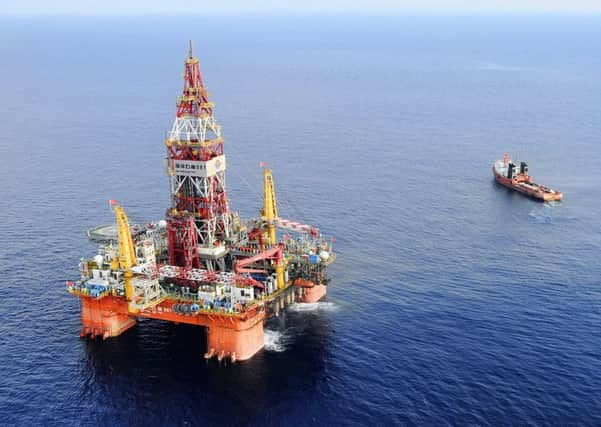China's plans for floating nuclear reactors raise concerns


Two state-owned companies plan to develop floating nuclear reactors, a technology engineers have been considering since the 1970s for use by oil rigs or island communities. Beijing is racing Russia, which started developing its own in 2007, to get a unit into commercial operation.
In China’s case, the achievement would be tempered by concern its reactors might be sent into harm’s way to support oil exploration in the South China Sea, where Beijing faces conflicting territorial claims by neighbours including Vietnam and the Philippines.
Advertisement
Hide AdAdvertisement
Hide AdChinese news reports say plans call for deploying 20 reactors there, though neither developer has mentioned the area.
Tensions ratcheted up after a UN arbitration panel ruled on 12 July that Beijing’s claim to most of the sea has no legal basis.
Beijing rejected the decision in a case brought by the Philippines and announced it would hold war games in the area, where its military has built artificial islands.
The floating reactor plans reflect Beijing’s determination to create profitable technologies in fields from energy to mobile phones and to curb growing reliance on imported oil and gas, which communist leaders see as a security risk.
China is the most active builder of nuclear power plants, with 32 reactors in operation, 22 under construction and more planned. It relies heavily on US, French and Russian technology but is developing its own.
The latest initiatives are led by China General Nuclear Power Group and China National Nuclear Corp. Both have research or consulting agreements with Westinghouse Electric Co and France’s EDF and Areva, but say their floating plants will use homegrown technology.
“They are keen to develop that because they have a lot of oil drilling everywhere in the South China Sea and overseas as well,” said Luk Bing-lam, an engineering professor at the City University of Hong Kong who has worked with a CGN subsidiary on unrelated projects.
“The Chinese strategy is to ensure the energy supply for the country,” said Luk.